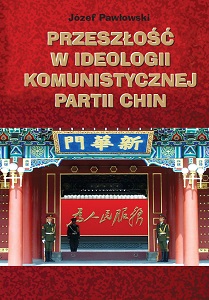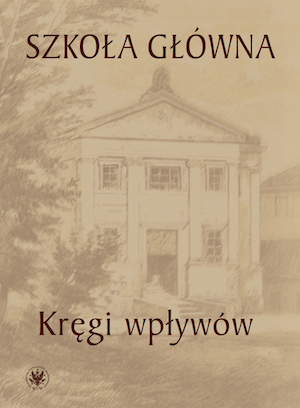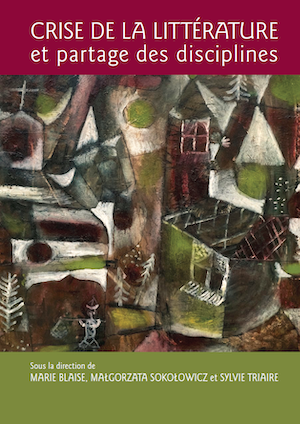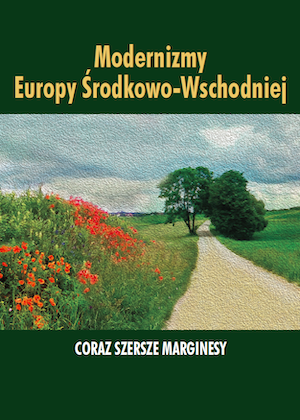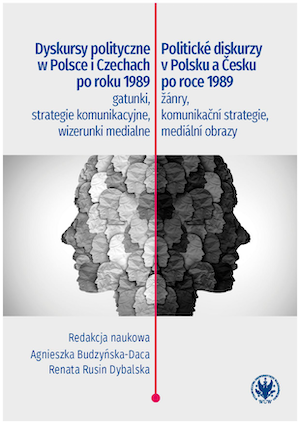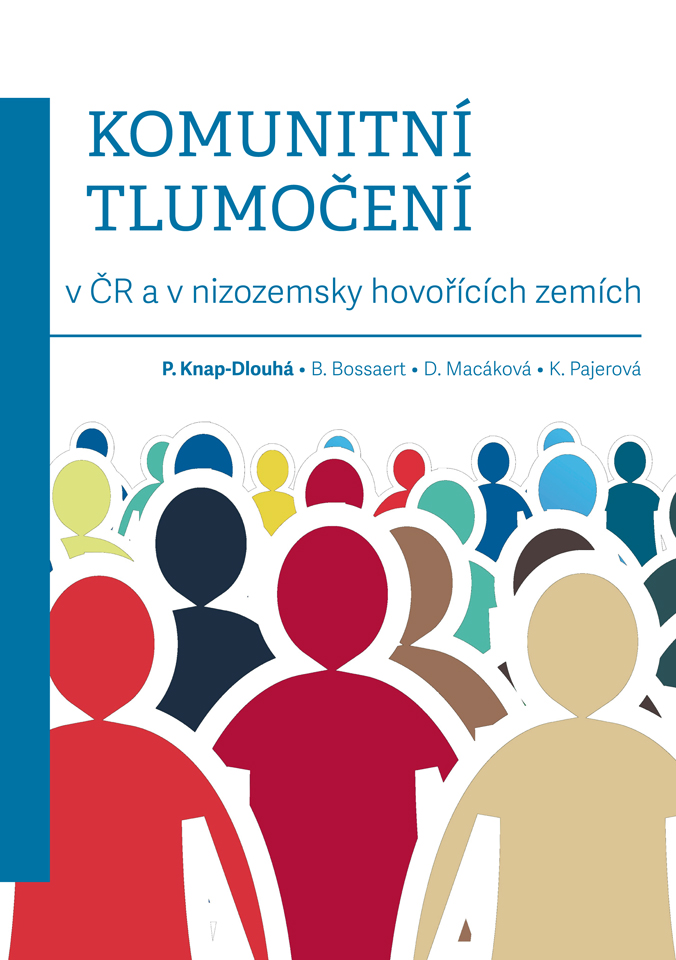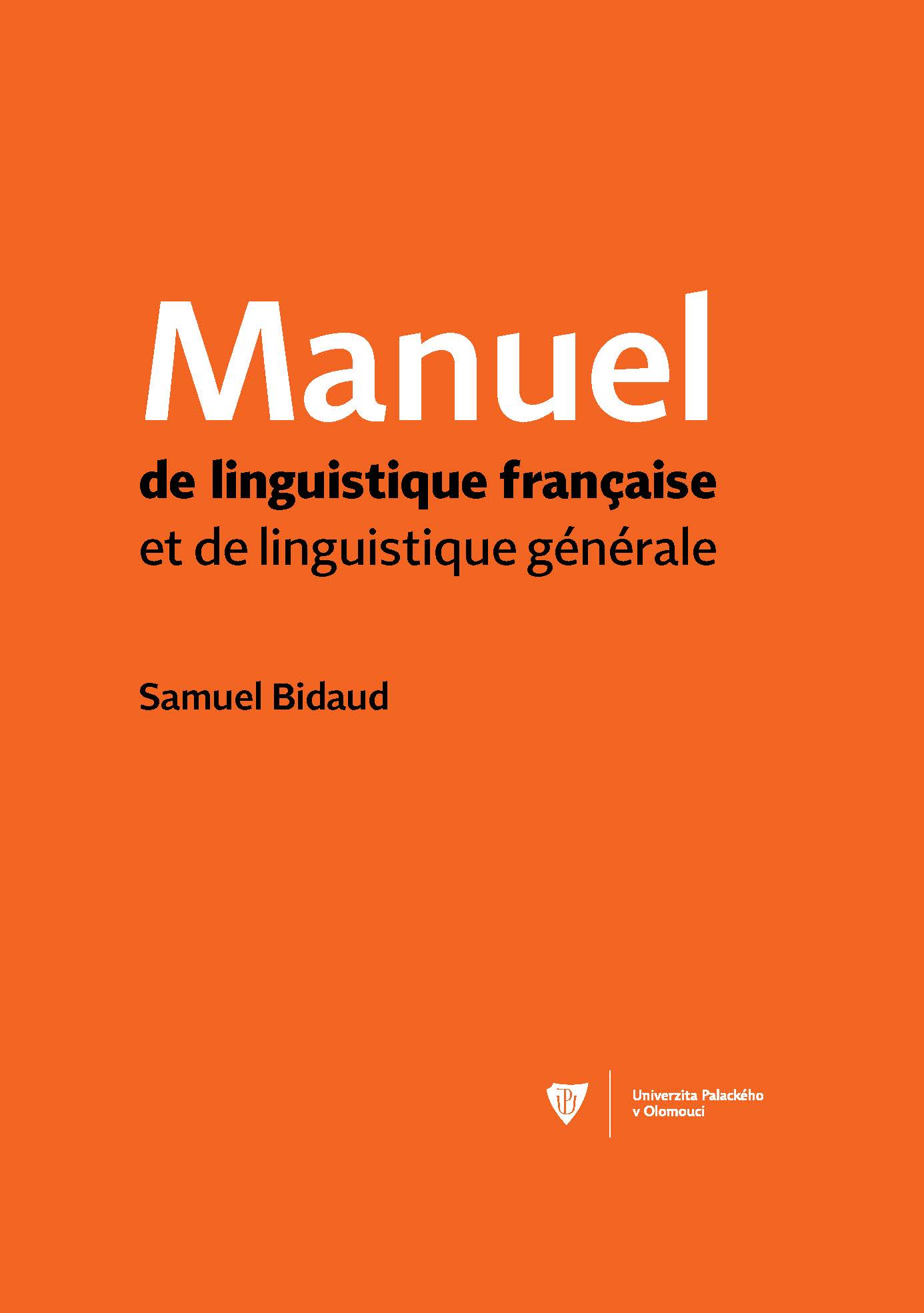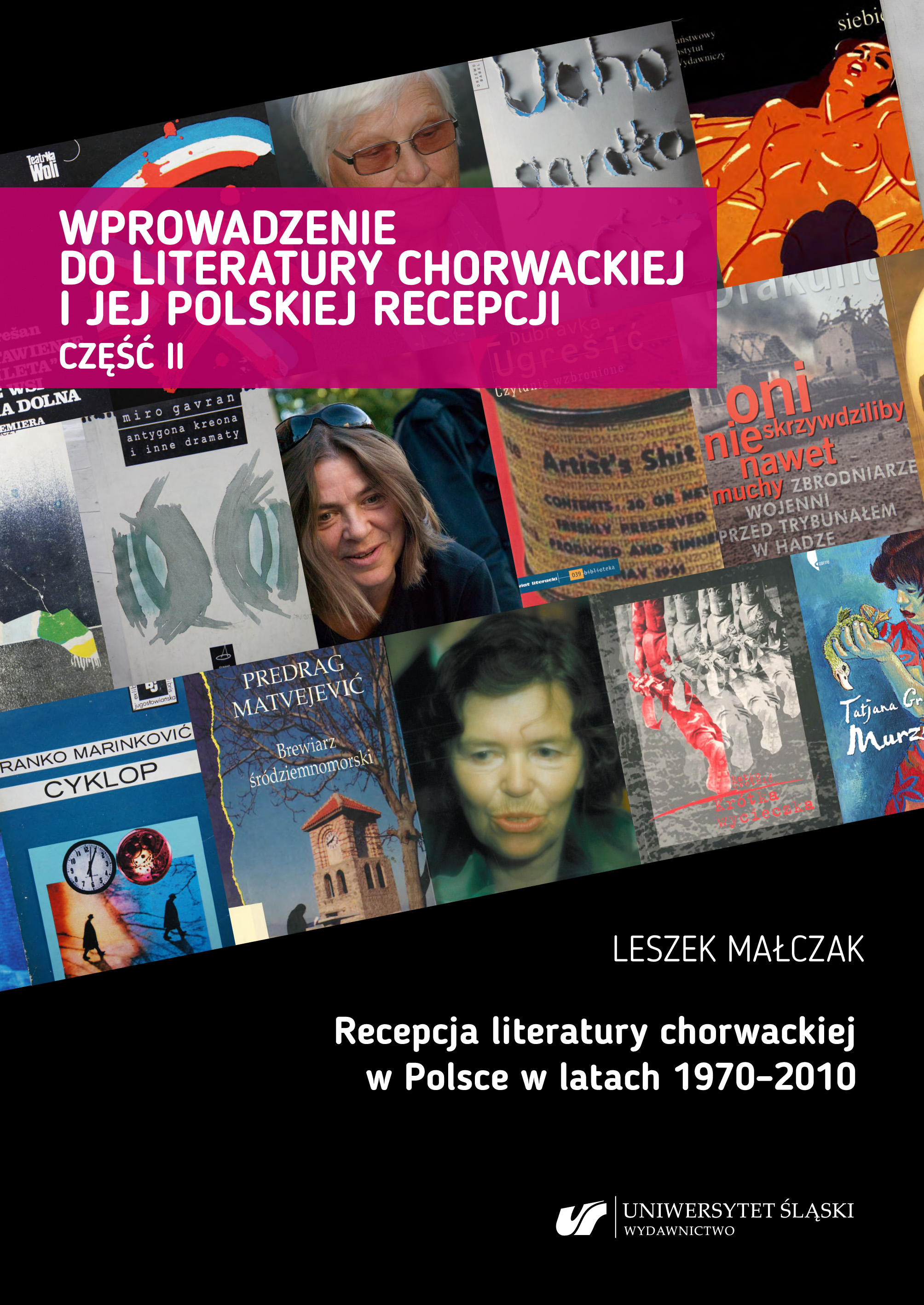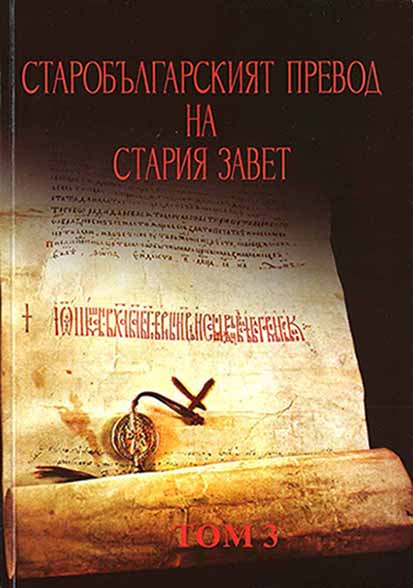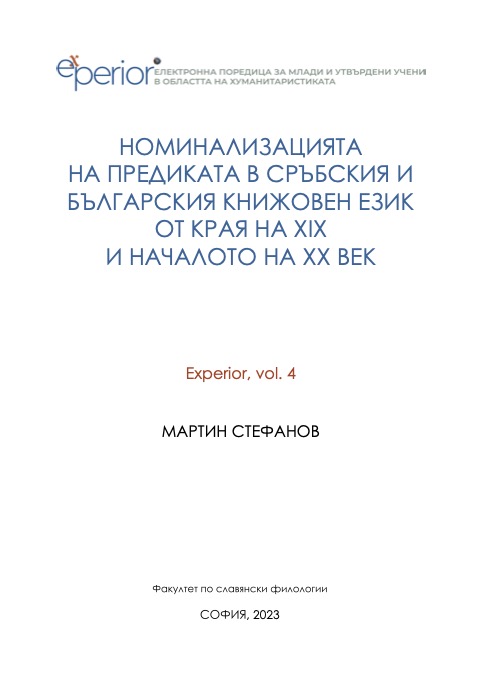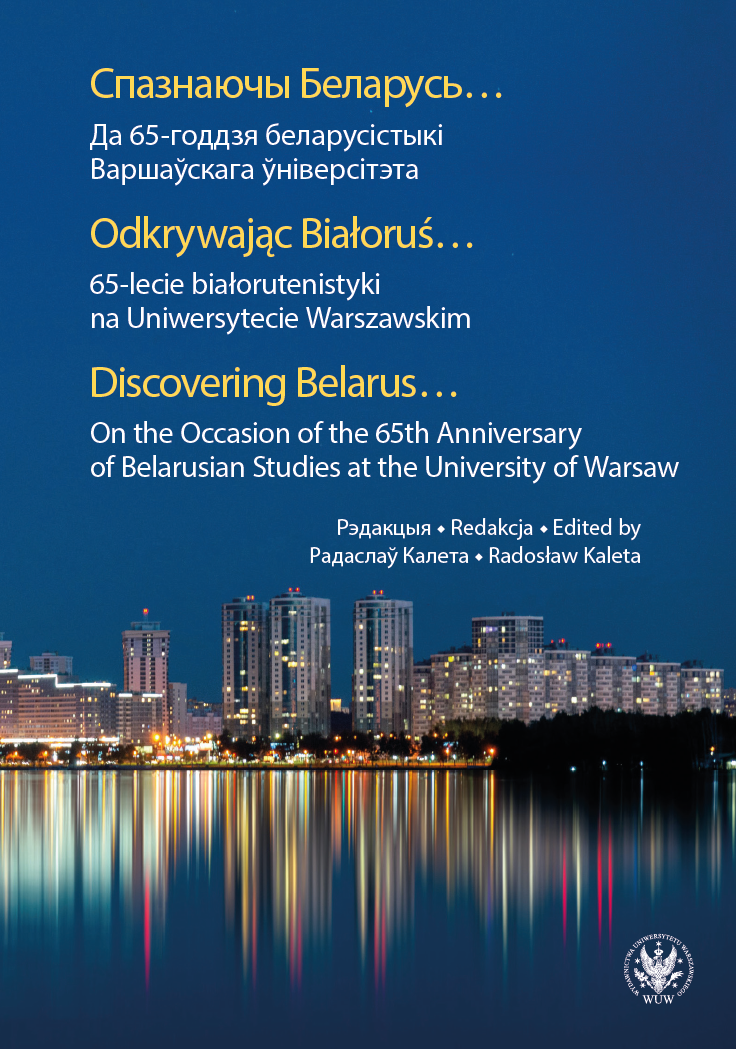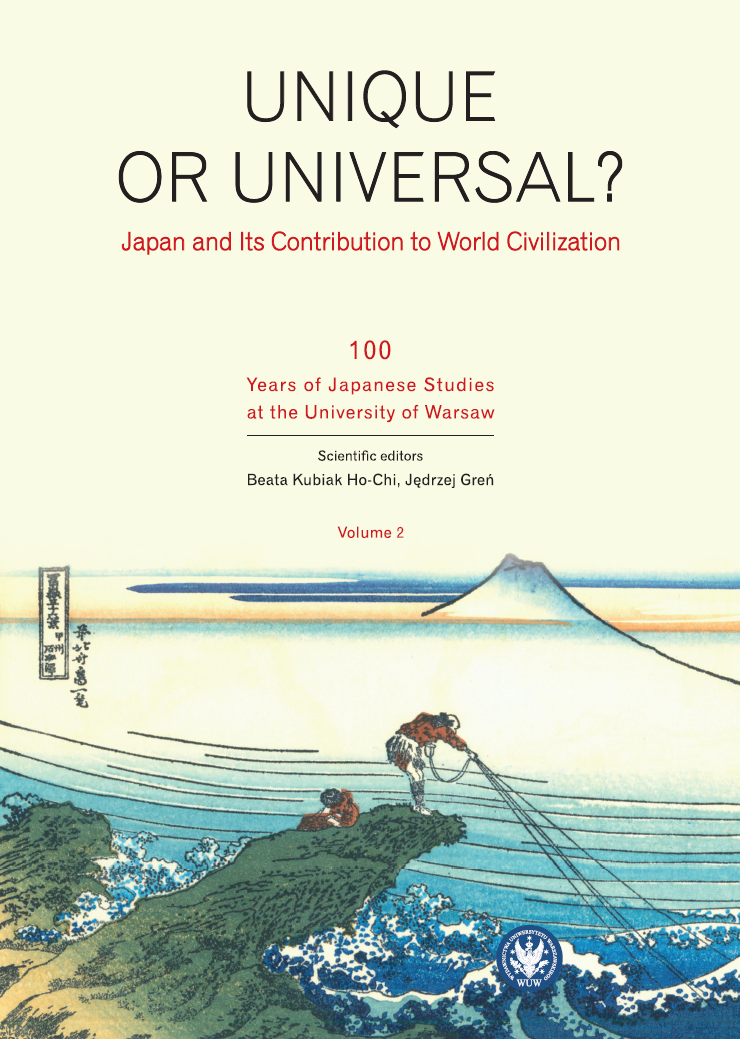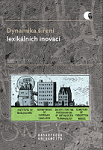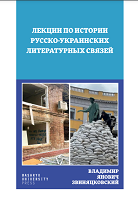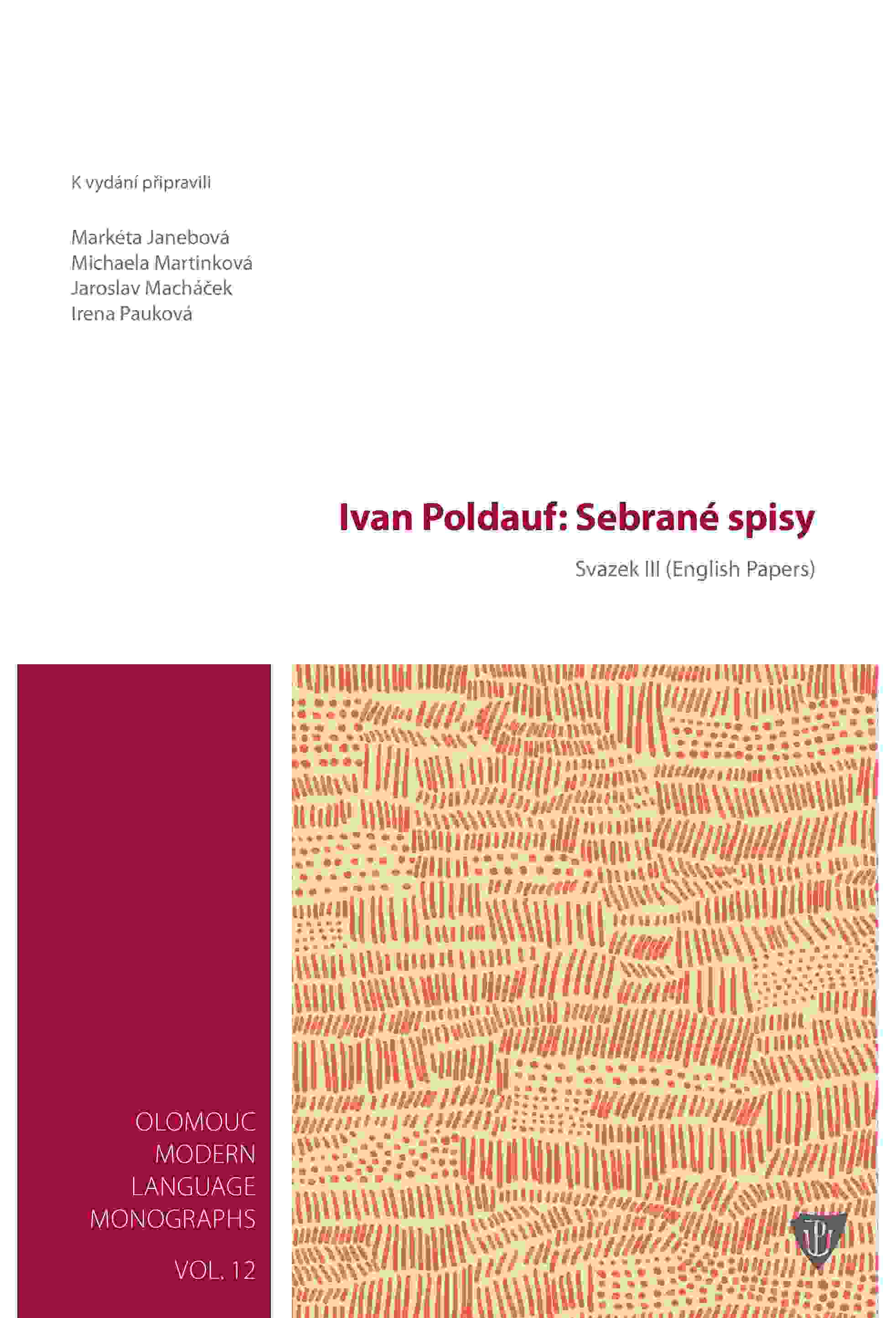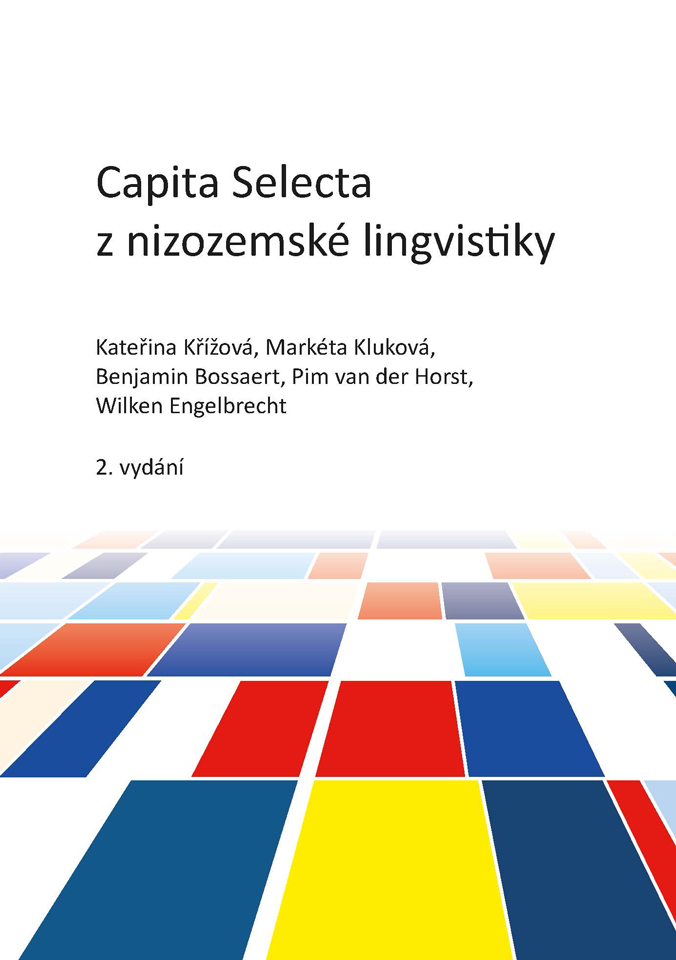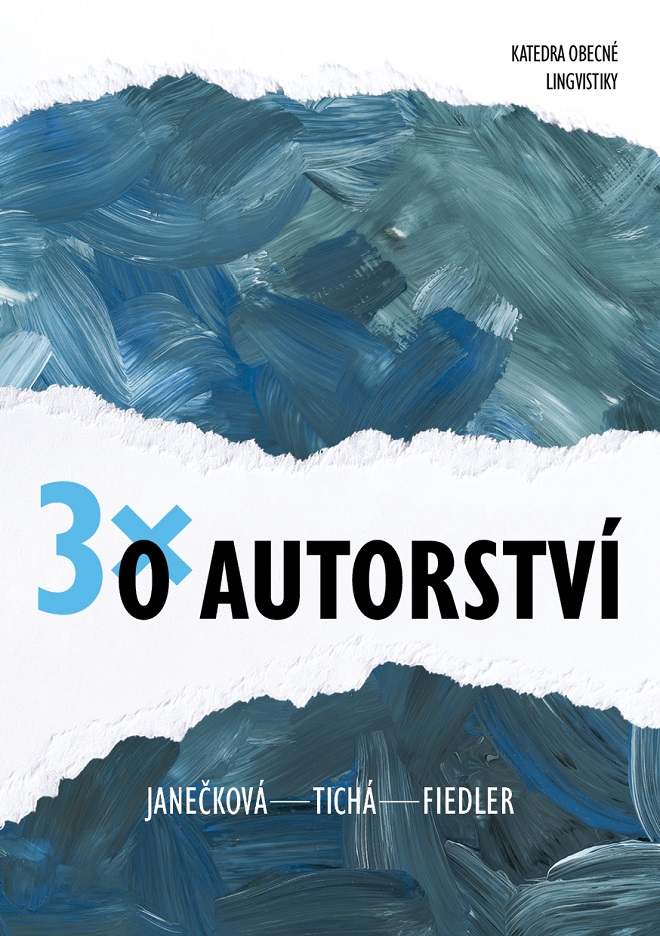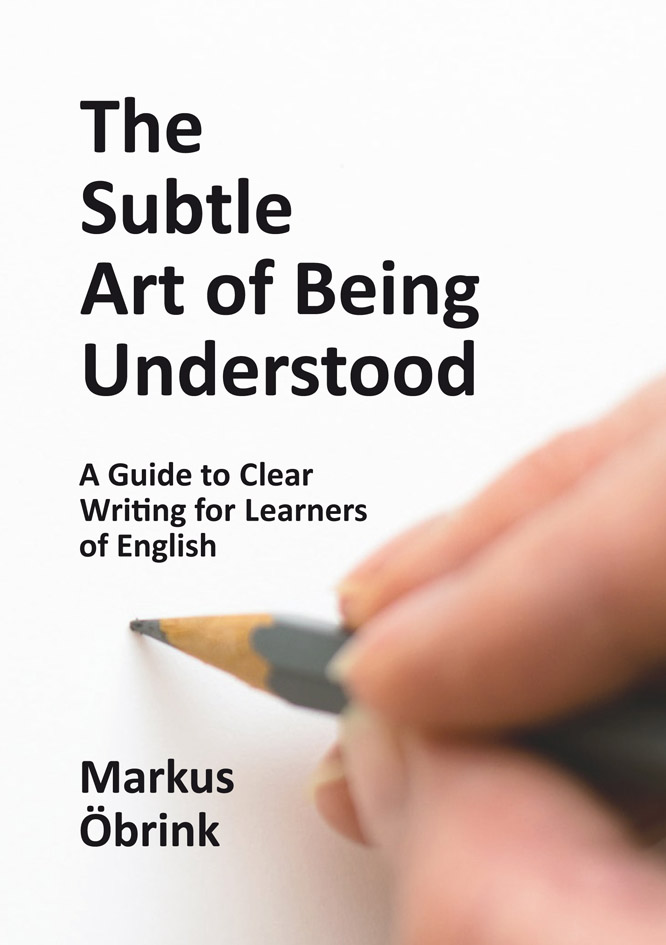Author(s): Tatyana Ilieva / Language(s): Greek, Ancient (to 1453),Bulgarian,Old Bulgarian
The third volume of the series “The Old Bulgarian translation of the Old Testament” contains: – Old Bulgarian-Greek world reference book to the Book of the Prophet Ezekiel; – Greek-Old Bulgarian index to the Book of the Prophet Ezekiel; – Index a tergo to the Book of the Prophet Ezekiel; – Index frequentiae to the Book of the Prophet Ezekiel. The Old Bulgarian-Greek word reference book contains 3252 title units with 14 199 forms of words in 35 773 different uses of words. Each entry consists of a headword (lemma) and two reference sections – word reference to the counterparts in the Greek text and an index of the forms of words. Lemma is considered to be the main form of the word - nominative singular for nouns, nominative singular masculine of the short form for adjectives, nominative for pronouns, infinitive for the verbs. The following are presented as separate headwords: adverbs, adverbialized prepositional phrases, suppletive forms of the personal pronoun; homonyms; adectivated participles with the negation “ne” (no) as the first component provided there is no counterpart without “ne” in the monument, the different forms of verbs. A dictionary entry provides the doublet forms of verbs of one type as well as the verbs with homonymous paradigm in pf and impf. The following rules of normalization have been adopted: a) Of the doublet letters in the lemmas only s is used in the etymological place, и for и and и, щ for шт, о for о and о, у for у, ы for ы, ы and ъи; b) In the headwords, the following are restored etymologically: ъ and ь, incl. in a weak position, and ж; е; ы in front of и; intervocalic and initial j; c) The letter йе is written at the beginning of the word in a mid-position and final position after a vowel; d) The letter йе is written at the beginning of the word, in the middle after a vowel, after palatal л, и and р; e) The letter я is written at the beginning of the word, in the middle of a word after a vowel in its etymological place (only е is written in the manuscript); at the end of the word; f) The letter combinations -ръ-/-рь- и -лъ-/-ль- are written in their etymological places. The phonetic and morphological options are presented in the respective place according to the alphabetical order with a reference to the entry of the basic normalized headword, where they are written in the title part after the main option. The orthographic variations are put in the appropriate place in an alphabetical order with a link to the main entry of the normalized header, where they are placed in the index of word forms in the way they appear in the manuscript with a note sic!. Secondly a brief grammatical characteristic of the headword is provided as part of the speech. Finally, its frequency of use is mentioned in the issued text of manuscript F.I.461. The first reference part of the entry provides the Greek counterparts of the headword in their basic forms according to the established tradition in ancient Greek lexicography, and after that statistical data is presented. In the first place, the frequency of a given Greek word x is designated as a counterpart of the lemma у of the Old Bulgarian translation and after the sign ‘/’ the number of all word uses of the same word x in the whole Greek text is mentioned. If the literal principle of translation is violated and a word combination corresponds to the respective lemma, the frequency of use of all modifier words in it is mentioned after the sign ‘/’. The data for each modifier word are separated by commas. Then there is a full index of the places in the manuscript where these correspondences are found. If the translation of the respective context, in which a given Old Bulgarian word is found, is so free that it is impossible to indicate a certain Greek counterpart, the whole passage is presented in the section ‘translationes liberae’ together with the corresponding Greek text. The section ‘Omissa’ explicitly mentions the uses of the respective headword in case of omissions of text from the Interpretations of Teodorit Kirski. A separate section ‘Addita’ indicates the uses of the respective headword in passages added by the Old Bulgarian translator, which do not have Greek counterparts according to the printed version in Migne (PG). Of course, we must emphasize the relativity of these data due to the lack of a critical edition of the Interpretations of Teodorit. These cases are principally distinguished by the lack of Greek counterparts for a given Old Bulgarian use of words in a context, which is marked with the sign Ø. Sometimes the Greek counterparts do not correspond to or even clearly contradict the meaning of the Old Bulgarian word. In these cases comparative data from the East Slavonic tradition is used. If there is a clear error made by the transcriber of Turnovo, the wrong word form is placed at the end of the dictionary entry of the respective head unit with reference to the lemma of the correct counterpart, which is in turn marked with a note sic!. Given that all Russian testimonies are unanimous in the variant reading, they are summarized under general logogram r, adopting the spelling pattern according to manuscript № 182 from the collection of Chudovski monastery from the end of the XV century – ГИМ (41). If the information from the parallel manuscripts does not match, then they are put separately. The signature consists of two parts, visually identified by a sign ‘/’ and a change of the font. The signature in the word reference book follows the editional principles, adopted in the edition of the Book of the Prophet Ezekiel, aiming at facilitating the user: a) The signature of the main biblical text consists of reference to the chapter and verse, marked with Arabic numerals in a Bold font. b) The signature of the interpretations in given in Regular font and includes details of the biblical text to which the exegesis refers. The second part of the signature is printed in italics and includes data about the sheets and order in the manuscript. The symbol (Z) after the signature notes the presence of a Greek counterpart in Ziegler and is placed where it is absent in Migne or when there is a discrepancy between Migne and the critical edition used. In the event that the counterpart is not evidenced in the text but in the critical apparatus, it is marked with a note (Zapp): After the Old Bulgarian-Greek word reference book, an index is placed of the word forms of a given lemma attested in the manuscript, with signature of all their word uses. The index contains the correct grammatical characteristics of each form.
More...
